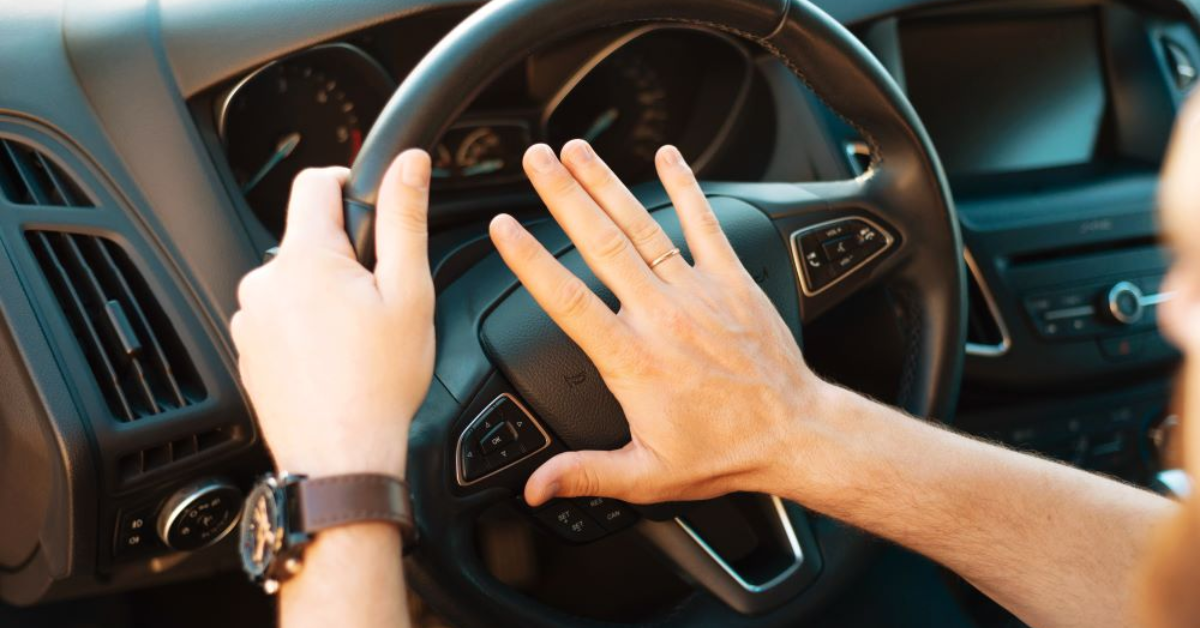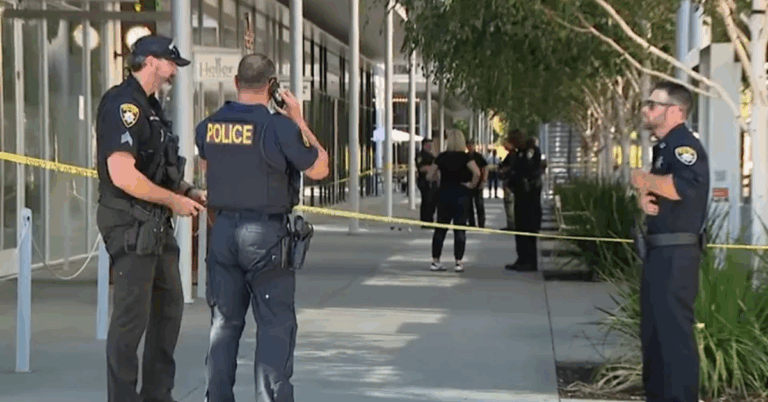
In many busy cities, excessive honking from vehicles can create noise pollution and disturb residents. To control this, several places have introduced “No Honking” laws. If you live in or drive through Illinois, you might be wondering if such rules exist and whether they are strictly enforced. Understanding local traffic laws is important for avoiding unnecessary fines and promoting a quieter environment.
Illinois is known for its busy highways and urban areas where honking is common during traffic jams and emergencies. But does the state have a law that bans honking in non-emergency situations? This article will explain the current status of the no honking law in Illinois, how it is enforced, and what drivers need to keep in mind to follow the rules properly.
What Does Illinois Traffic Law Say About Honking?
According to the Illinois Vehicle Code, the use of a horn is allowed only as a warning to prevent accidents or alert other drivers and pedestrians The law prohibits continuous or unnecessary honking that does not serve to warn others.
In practical terms, this means you cannot honk your horn just to express frustration, to get attention, or during quiet hours in residential areas. The horn should be used responsibly and only when needed for safety purposes.
Is the No Honking Law Strictly Enforced in Illinois?
While the law clearly states when horns can be used, enforcement of the no honking rule varies by location and situation. In busy cities like Chicago, police may issue citations if a driver is found honking unnecessarily or too frequently, especially near hospitals or residential neighborhoods.
However, in many cases, local police prioritize more dangerous traffic violations, so minor honking offenses might not always lead to penalties. Still, if honking is excessive or causes a noise complaint, you could face a fine.
What Are the Penalties for Violating the No Honking Law?
For drivers caught honking without a valid reason, Illinois law can impose penalties including fines. The exact fine amount can differ based on local city ordinances, but generally, it can range from $50 to $150
In some areas, repeat offenders may face increased fines or other legal consequences. It’s best to avoid unnecessary honking altogether to stay within the law and contribute to a less noisy community.
Exceptions When Honking Is Allowed and Needed
There are important exceptions to the no honking rule. Using your horn is always allowed to warn of danger—such as if another vehicle is drifting into your lane or if a pedestrian is about to step onto the road unexpectedly. Emergency vehicles like ambulances and fire trucks also have their own sirens and horns as part of their safety signals.
In situations such as traffic jams or when a driver needs to alert others to prevent an accident, honking is fairly common and understood by law enforcement as necessary. The key is to avoid honking too long or without a good reason.
Tips for Drivers to Avoid Honking Violations in Illinois
To respect the no honking law and avoid fines, follow these simple tips:
- Use your horn only to alert others of immediate danger or to prevent an accident.
- Avoid honking out of frustration or impatience, especially during late-night or early-morning hours.
- Be aware of local noise ordinances, particularly in residential neighborhoods and near hospitals.
- If you get a noise complaint, reduce honking and drive calmly to prevent further issues.
The Bigger Picture: Why No Honking Laws Matter
Excessive honking contributes to noise pollution, which can cause stress, disturb sleep, and affect overall quality of life. Cities like Chicago and other parts of Illinois have been making efforts to reduce unnecessary noise from traffic to support healthier communities.
By understanding and following no honking laws, drivers play an important role in promoting safer roads and quieter neighborhoods, making daily life more pleasant for everyone.
Conclusion: Respect the Rules, Respect Your Community
Illinois does have laws regulating horn use, commonly referred to as the no honking law, to reduce unnecessary noise. While enforcement may depend on the situation and location, it is crucial for drivers to use their horns responsibly and only for safety warnings. Avoiding unnecessary honking not only helps you stay clear of fines but also makes life better for those around you.









